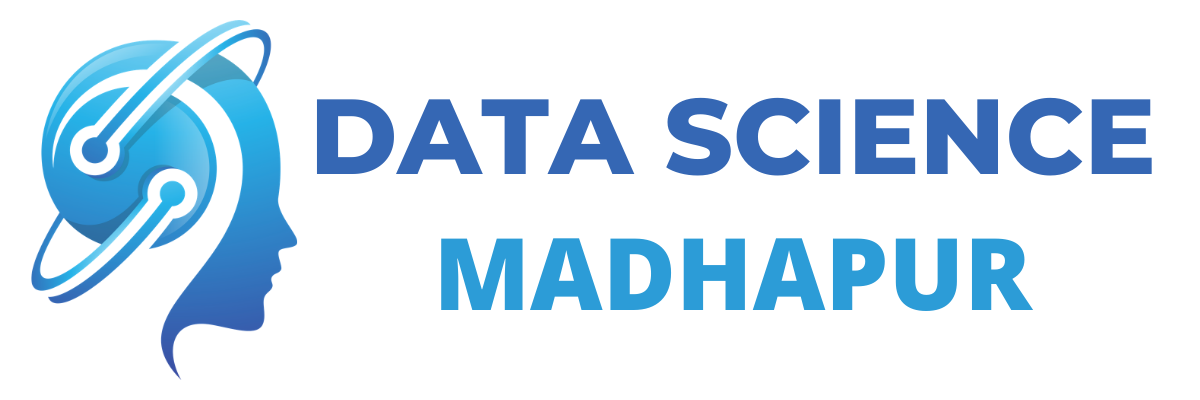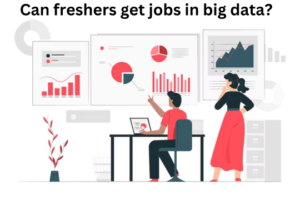Preparing for your first data science job requires a combination of technical skills, practical experience, and soft skills.
Solidify your foundational knowledge:
Ensure you have a strong understanding of core concepts in mathematics, statistics, and programming. Review topics such as linear algebra, calculus, probability, hypothesis testing, and algorithms.
Master programming languages:
Data scientists commonly use languages like Python or R. Familiarize yourself with these languages and their libraries/packages for data analysis, such as NumPy, Pandas, and scikit-learn in Python.
Learn data science tools and frameworks:
Gain proficiency in popular data science tools and frameworks such as Jupyter Notebook, SQL, and Apache Hadoop. Additionally, understanding how to use machine learning libraries like TensorFlow or PyTorch is valuable.
Build a portfolio:
Create a portfolio of data science projects that showcase your skills and problem-solving abilities. Work on real-world datasets, tackle different problems, and demonstrate your ability to extract insights and communicate findings effectively.
Looking forward to becoming a Data Scientist? Check out the data science course fees and get certified today.
Gain practical experience:
Seek opportunities to apply your skills in practical settings. Look for internships, freelancing gigs, or volunteer projects where you can work with real data and solve data-related problems. Practical experience will enhance your understanding of the data science workflow.
Participate in Kaggle competitions:
Participating in Kaggle competitions allows you to solve challenging problems, work with real datasets, and learn from the community. It also helps you demonstrate your skills to potential employers.
Stay updated with industry trends:
Follow blogs, forums, and online communities dedicated to data science job. Stay informed about the latest techniques, tools, and methodologies. Attend webinars, conferences, and meetups to network with professionals and stay abreast of emerging trends.
Develop communication and teamwork skills:
Data scientists often collaborate with cross-functional teams. Enhance your communication and teamwork abilities to effectively convey your findings, collaborate with others, and work on group projects.
Also, check this data science using python training in Pune to start a career in Data Science.
Prepare for interviews:
Practice solving data science interview questions, both technical and theoretical. Review fundamental concepts and common algorithms used in machine learning. Be prepared to explain your projects and demonstrate your problem-solving approach.
Continuous learning:
Data science is a rapidly evolving field, so commit to lifelong learning. Stay curious, explore new techniques, and continue to expand your knowledge and skill set.
Networking:
Build a strong professional network by connecting with data scientists, attending industry events, and joining relevant online communities.
Data storytelling and visualization:
Develop your skills in presenting data insights effectively. Learn how to create visualizations that convey complex information in a clear and concise manner. Tools like Tableau or Matplotlib can help you create compelling visual representations of your data.
Stay updated with data ethics and privacy:
Understand the ethical considerations surrounding data collection, storage, and usage. Stay informed about data privacy regulations, such as GDPR or CCPA. Familiarize yourself with best practices for handling sensitive data and ensuring data security.
360DigiTMG offers the best data science course with placement in chennai to start a career in Data Science. Enroll now!
Learn the core concepts of the Data Science Course video on YouTube:
Soft skills development:
In addition to technical expertise, employers also value soft skills such as critical thinking, problem-solving, and teamwork. Enhance your abilities in these areas through practice, workshops, or online courses.
Get feedback and mentorship:
Seek feedback on your projects and work from experienced data scientists or mentors. They can provide valuable insights, help you identify areas for improvement, and guide you on your career path.
Prepare a strong resume and cover letter:
Tailor your resume to highlight relevant skills, projects, and experiences. Clearly articulate your data science expertise and how it aligns with the job requirements. Craft a compelling cover letter that demonstrates your passion and explains why you are a good fit for the position.
Be ready for coding and technical interviews:
Practice coding exercises and algorithmic problem-solving to excel in technical interviews. Review data structures, algorithms, and common coding interview questions.
Develop a growth mindset:
Embrace a growth mindset and be open to learning from failures and setbacks. Approach challenges with a positive mindset and a willingness to learn from every experience.
Consider additional education or certifications:
Depending on your current qualifications, you may benefit from pursuing additional education or certifications. This could include online courses, bootcamps, or even advanced degrees in data science or related fields.
Become a Data Scientist with 360DigiTMG best data science course in Hyderabad with placement. Get trained by the alumni from IIT, IIM, and ISB.
Stay confident and persistent:
Landing your first data science job can be competitive, so stay confident in your abilities and persist in your job search. Don’t get discouraged by rejections or setbacks. Keep learning, improving, and showcasing your skills, and the right opportunity will come.
Specialize in a domain:
Consider specializing in a particular industry or domain that interests you. Acquiring domain knowledge can make you more valuable as a data scientist and help you understand the specific challenges and opportunities within that field.
Collaborate on open-source projects:
Contribute to open-source data science projects to demonstrate your collaboration skills, gain practical experience, and build a strong online presence. Participating in open-source projects allows you to work with others, learn from experienced contributors, and showcase your abilities to potential employers.
Enhance your data engineering skills:
Data scientists often need to work with large datasets, requiring solid data engineering skills. Familiarize yourself with data extraction, data cleaning, data transformation, and data loading (ETL) processes. Learn about databases, data pipelines, and distributed computing frameworks like Apache Spark.
Develop business acumen:
Understand how data science contributes to business goals and outcomes. Familiarize yourself with key business concepts, such as ROI, cost-benefit analysis, and customer segmentation. Being able to link data science projects to business value will make you a more effective and valuable data scientist.
Don’t delay your career growth, kickstart your career by enrolling in this data science course with placement guarantee in Bangalore with 360DigiTMG Data Analytics course.
Stay up to date with data science literature:
Read research papers and publications in the field of data science to stay abreast of the latest advancements and techniques. Explore academic journals, conferences, and preprint repositories like arXiv or papers with code. Understanding cutting-edge research can give you a competitive edge and inspire new ideas.
Data Science Placement Success Story
Practice data storytelling interviews:
Data science interviews often involve presenting and communicating your findings effectively. Practice explaining complex concepts, visualizations, and insights in a clear and concise manner. Use storytelling techniques to engage your audience and highlight the impact of your work.
Develop your personal brand:
Create an online presence by building a professional website or blog where you can showcase your data science projects, share your insights, and contribute to the data science community. Engage in discussions on social media platforms like LinkedIn or Twitter to connect with other professionals and potential employers.




